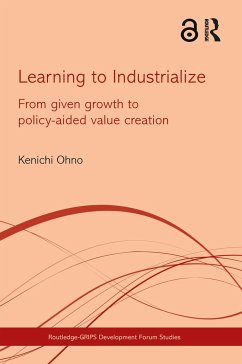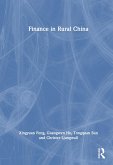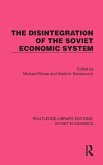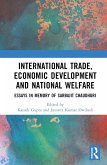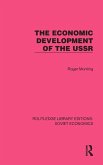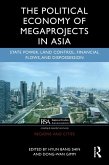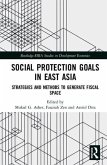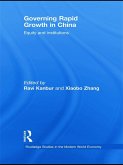This book proposes a new, pragmatic way of approaching economic development which features policy learning based on a comparison of international best policy practices. While the important role of government in promoting private sector development is being recognized, policy discussion often remains general without details as to what exactly to do and how to avoid common pitfalls. This book fills the gap by showing concrete policy contents, procedures, and organizations adopted in high-performing East Asian economies. Natural resources and foreign aid and investment can take a country to a certain income level, but growth stalls when given advantages are exhausted. Economies will be caught in middle income traps if growth impetus is not internally generated. Meanwhile, countries that have soared to high income introduced mindset, policies, and institutions that encouraged, or even forced, accumulation of human capital - skills, technology, and knowledge. How this can be done systematically is the main topic of policy learning. However, government should not randomly adopt what Singapore or Taiwan did in the past. A continued march to prosperity is possible only when policy makers acquire capability to formulate policy suitable for local context after studying a number of international experiences. Developing countries wanting to adopt effective industrial strategies but not knowing where to start will benefit greatly by the ideas and hands-on examples presented by the author. Students of development economics will find a new methodological perspective which can supplement the ongoing industrial policy debate. The book also gives an excellent account of national pride and pragmatism exhibited by officials in East Asia who produced remarkable economic growth, as well as serious effort by an African country to emulate this miracle.
Hinweis: Dieser Artikel kann nur an eine deutsche Lieferadresse ausgeliefert werden.
Hinweis: Dieser Artikel kann nur an eine deutsche Lieferadresse ausgeliefert werden.

